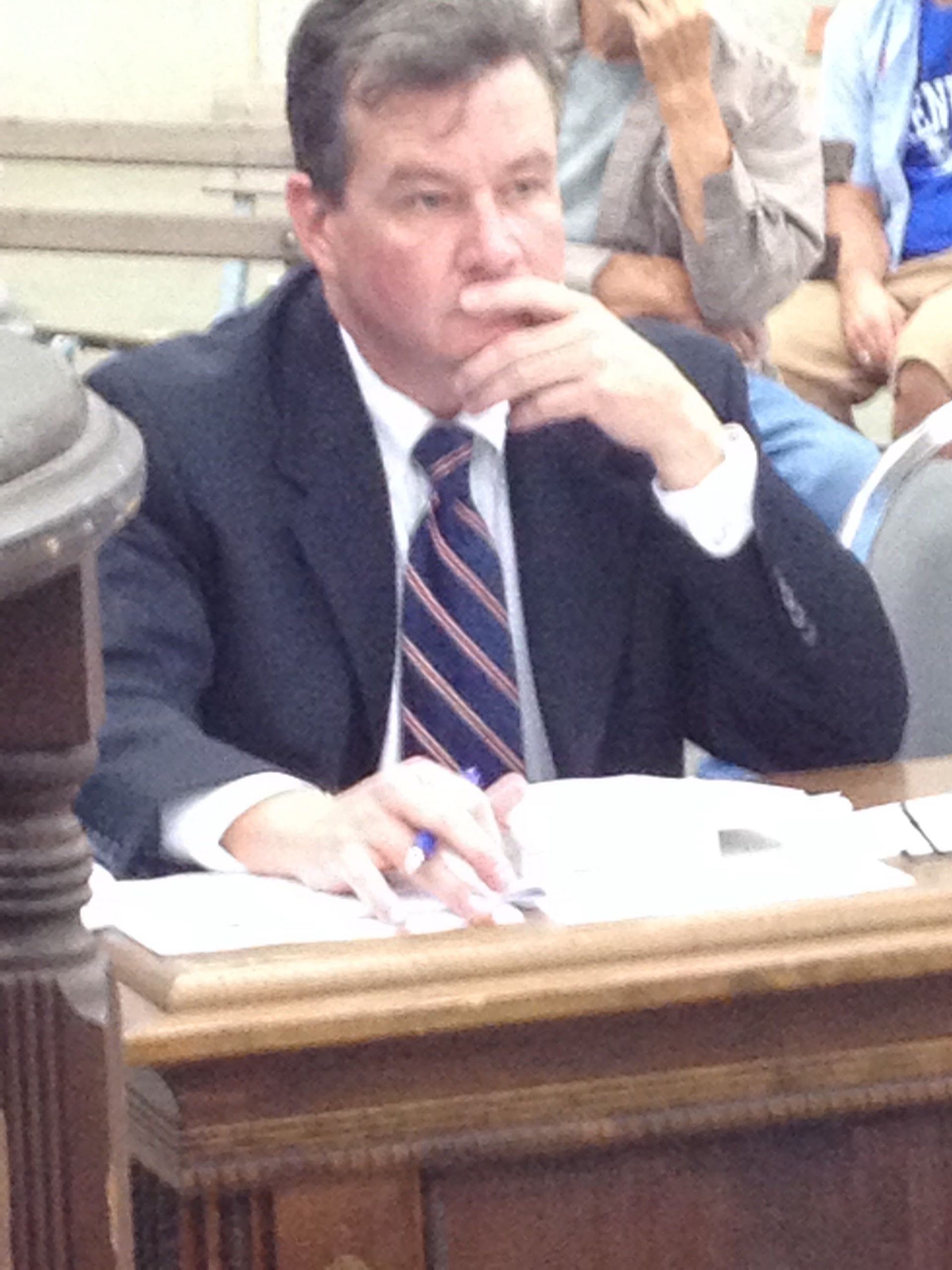CDL ATTORNEY IN LOUISVILLE
The Best CDL Attorney in Kentucky has over 17 years of practice with CDL Class A Licenses, CDL Class B Licenses, CDL Class B Licenses, as a Commerical Driver's License Attorney in Louisville, Commercial Driver's License Lawyer in Kentucky, violations such as Driving Under the Influence (DUI) CDL Violation, Failure to Yield Right Away CDL Violation, Reckless Driving CDL Violation, Careless Driving CDL Violation, Speeding over 25 MPH CDL Violation, Refusing the take an alcohol test as required CDL Violation, Leaving the Scene of an Accident CDL Violation, Distributing or Dispensing a Controlled Substance CDL Violation in Kentucky.
BEST CDL LAWYER IN KENTUCKY
CDL License Holders undergo much higher scrutiny than normal drivers. For a Professional CDL License Driver a simple speeding ticket can cause interruption at your employment, increase in insurance and less profitability in your take home pay. Let the BEST CDL Attorney in Louisville help you out today. Fill out the form to the right or simply call us at 502-386-1414. Ask for Brendan.
BEST CDL ATTORNEY IN LOUISVILLE
CDL License Violations will lead to license suspension quickly. CDL License Attorney and DUI charge will lead to at least a one year loss of license and probably 4 to 5 years of not being able to use your CDL License or a truck. Contact the CDL License Lawyers in Louisville to help keep your CDL License and prevent a long suspension of your CDL.
OTR Truckers, heavy machine operators or any other CDL Endorsements call now.
TOP COMMERCIAL DRIVERS LICENSE LAWYER IN LOUISVILLE
CDL CLASS TYPE (weight), Endorsements, Restrictions
Our CDL Attorney in Louisville says to know your CDL Class, CDL Restrictions and CDL Endorsements.
Do you have a CDL Class A, B or C? Ask the Louisville Criminal Defense Attorney.
What are your endorsements and restrictions?
Class A CDL
- Any combination of vehicles with a gross combination weight rating (GCWR) of 26,001 pounds o more provided the GVWR of the vehicle(s) being towed is in excess of 10,000 pounds.
- GCWR – the value specified by the manufacturer as the loaded weight of a combination (articulated) vehicle.
- GVWR – the value specified by the manufacturer as the loaded weight of a single vehicle.
Note: Actual loaded weight (GCW and GVW) cannot be used to determine a representative vehicle for testing purposes. If your GCWR/GVWR is not listed on a sticker or plate located in the vehicle glove box or inside the driver side door, contact your vehicle’s manufacturer for this information.
Class B CDL
- Any single vehicle with a GVWR of 26,001 pounds or more.
- Any vehicle with a GVWR of 26,001 pounds or more, pulling a vehicle with a GVWR of 10,000 pounds or less.
- A single vehicle designed to transport 16 or more passengers (including the driver) if the GVWR is 26,001 pounds or more.
Class C CDL
- Any vehicle with a GVWR of less than 26,001 pounds transporting hazardous materials for which placarding is required.
- Any vehicle transporting 16 or more passengers, including the driver, with a GVWR of less than 26,001 pounds.
Endorsements:
H Hazardous Materials
N Tank
P Passenger
T Double/Triple Trailer
X Tank/Hazardous Materials combined
S School Bus
Restrictions:
L No Air Brake Equipped CMV
Z No Full Air Brake Equipped CMV
E No Manual Transmission Equipped CMV
O No Tractor-trailer CMV
M No Class A Passenger Vehicle
N No Class A and B Passenger Vehicle
K Intrastate Only
V Medical Variance
P No Passengers in CMV Bus
X No Cargo in CMV Tank Vehicle
8 Other (special restrictions) A
CDL SUSPENSIONS FROM 24 HOURS TO LIFETIME SUSPENSION
WHAT OFFENSES RESULT IN DISQUALIFICATION? EVERY DRIVER SHOULD KNOW THESE!
- Driving a commercial vehicle with any measurable amount of alcohol or controlled substance in the blood, breath, or urine; or operate a commercial motor vehicle while in possession of a controlled substance and/or intoxicating beverage, regardless of its alcohol content. Note: Does not apply when manifested and transported as part of a shipment.
- 60 days – Two serious moving violations in three years. Any person who knowingly falsifies information or certification required to obtain a commercial driver’s license, permit, or duplicate commercial driver’s license, will be subject to an administrative hearing and disqualified for a period of at least 60 consecutive days.
- 120 days – Three serious moving violations in three years. A serious violation is defined as speeding 15 M.P.H. or more, improper lane usage/changes, following too closely, reckless driving, and any violation showing a wanton disregard for the safety of any person or property. 1 year – First conviction of any of the following: Driving a commercial vehicle with a blood alcohol concentration of .04% or more or under the influence of a controlled substance. Leaving the scene of a traffic accident. Using the commercial vehicle in the commission of a felony. Refusing to submit to a blood, breath, or urine test when stopped for probable cause by a police officer.
- 3 years – Violating any law above while transporting hazardous materials. For life – A person shall be disqualified from driving a commercial motor vehicle for life who uses a commercial motor vehicle in the commission of any felony involving the manufacture, distribution, or dispensing of a controlled substance, or possession with the intent to manufacture, distribute, or dispense a controlled substance.
- For life – A second conviction of any of the following: Driving a commercial motor vehicle under the influence of alcohol or other drugs. Leaving the scene of a traffic accident while driving a commercial motor vehicle. Using a commercial motor vehicle in the commission of a felony. Refusing to submit to a blood, breath, or urine test when stopped for reasonable cause by a police officer.





